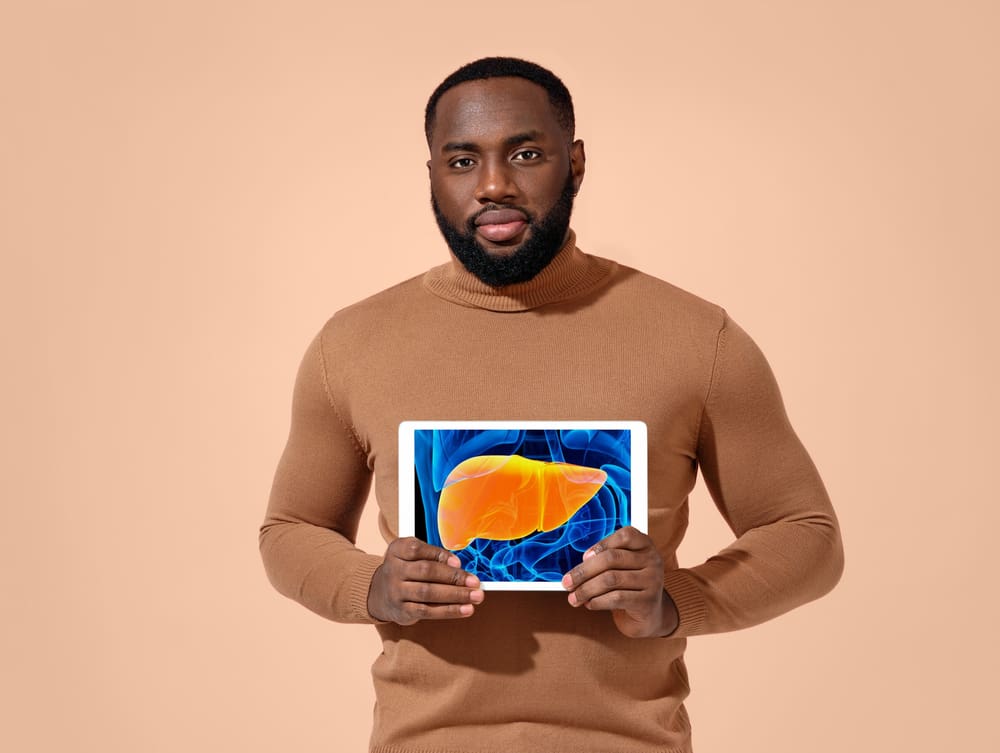The liver stands as a powerhouse organ, orchestrating a symphony of crucial functions essential for our overall health. It serves as the body’s primary detoxifier, meticulously removing harmful substances like toxins and drugs, ensuring they are processed and eliminated efficiently to prevent damage. Additionally, the liver is a key player in digestion, producing bile that aids in the breakdown of fats and the absorption of essential nutrients. Understanding these pivotal roles not only underscores the liver’s significance but also highlights the need to prioritize its health.
Appreciating the liver’s multifaceted functions can inspire proactive measures to safeguard its well-being. Through dietary choices, lifestyle adjustments and regular medical check-ups, we can ensure that this vital organ remains in optimal condition. By nurturing our liver, we not only protect ourselves from a myriad of diseases but also promote overall wellness. In the following sections, we delve deeper into five critical functions of the liver, shedding light on its remarkable capabilities and the importance of supporting its health.
1. Detoxification
One of the liver’s primary functions is to detoxify the body by removing harmful substances such as toxins and drugs. It processes these substances to make them easier to eliminate from the body, preventing them from causing damage. The liver accomplishes this through a series of chemical reactions that convert toxins into less harmful substances, which are then excreted through urine or bile.
2. Protein synthesis
The liver plays a key role in synthesizing proteins essential for various bodily functions, including blood clotting, immune system support and hormone production. Without proper protein synthesis, the body’s ability to heal and function efficiently is compromised. The liver produces albumin, the most abundant protein in blood plasma, which helps maintain the osmotic pressure of blood and transports hormones, vitamins and other substances throughout the body.
3. Metabolism of nutrients
The liver is involved in the metabolism of nutrients, including carbohydrates, fats and proteins. It helps regulate blood sugar levels, stores and releases glucose as needed, and converts excess nutrients into forms that can be stored or used by the body. Additionally, the liver produces cholesterol, a vital component of cell membranes and a precursor to hormones such as estrogen and testosterone.
4. Bile production
The liver produces bile, a substance that helps digest fats in the small intestine. Bile also helps eliminate waste products from the body, including cholesterol and old red blood cells, contributing to overall digestive health. Bile is stored in the gallbladder and released into the small intestine when needed to aid in the digestion and absorption of fats and fat-soluble vitamins.
5. Storage of vitamins and minerals
The liver stores essential vitamins and minerals, such as vitamins A, D, E, K, and B12, as well as iron and copper. These nutrients are released into the bloodstream as needed, ensuring the proper functioning of various bodily systems. For example, vitamin K is essential for blood clotting, while vitamin D is important for bone health and immune function.
Nurturing your liver for a healthier tomorrow
As the body’s ultimate multitasker, the liver deserves our utmost care and attention. Its functions are not only complex but also indispensable for our well-being. By grasping the pivotal roles it plays, we gain a profound appreciation for the liver’s significance in maintaining our health.
To ensure our liver remains in optimal condition, we must adopt a proactive approach. A balanced diet rich in nutrients, regular physical activity and moderate alcohol consumption are all key components of liver health. Equally important is avoiding harmful substances that can strain the liver’s detoxification abilities.
Regular medical checkups serve as a crucial tool in monitoring liver health. Early detection of any issues allows for prompt intervention and treatment, potentially preventing serious complications.
By prioritizing liver health, we not only safeguard ourselves against liver diseases but also contribute to our overall well-being. Let us commit to supporting this vital organ through informed choices and lifestyle habits. Together, we can embark on a journey towards a healthier future, one where our livers thrive, and our bodies flourish.
This story was created using AI technology.













